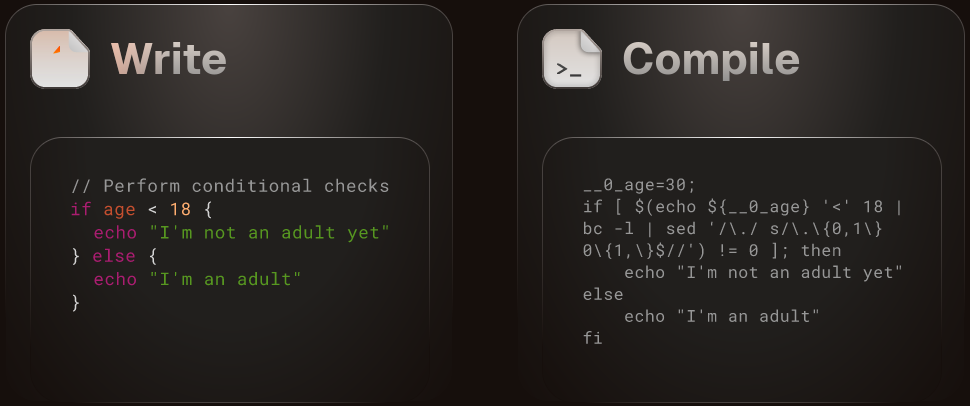

I think that it’s quite bad if Microsoft puts peoples family photos on their servers without the user realizing it. That’s not a niche privacy nerd sentiment, I think that a lot of people would find that creepy. Having the option easily available can be really good for a lot of non-techy people but it should be very clear what stays on your computer and what doesn’t, and how to keep something private if you want to, which I’m not sure that it is if Microsoft quietly backs up Documents, Pictures etc.







Well right now most people develop apps supporting x86 and leaves everything else behind. If they’re supporting x86 + arm, maybe adding riscv as a third option would be a smaller step than adding a second architecture